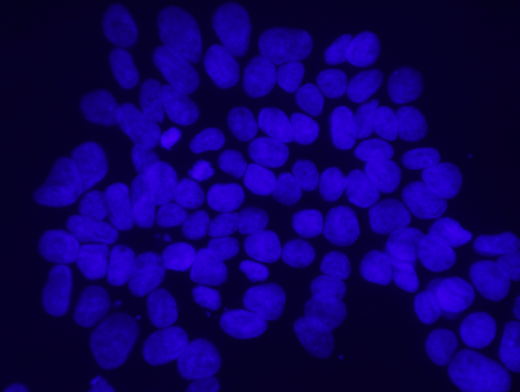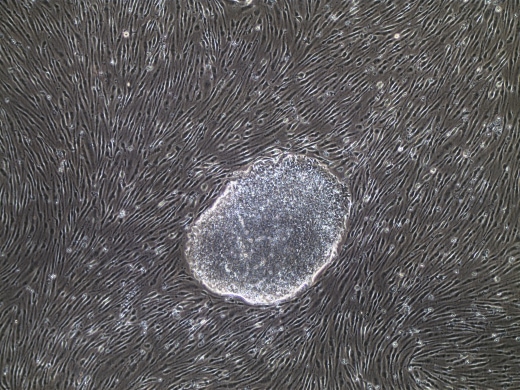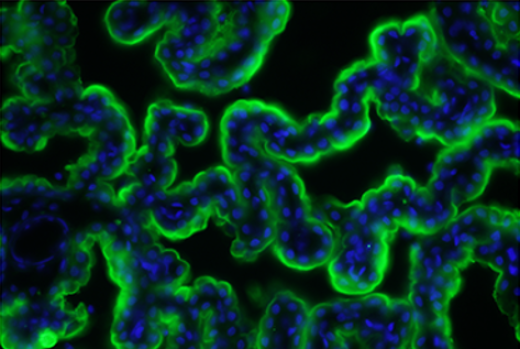
Brain Development Laboratory
Under the leadership of Anju Vasudevan, PhD, Chair of Basic and Translational Neurosciences and founder of the Angiogenesis Brain Development Laboratory (ABDL), her team created a new paradigm-shifting framework to advance novel approaches to the diagnosis and treatment of neuropsychiatric illnesses. Traditionally, research for neuropsychiatric conditions has been neurocentric, focused on treating the neurons and brain cells. Dr. Vasudevan took a new approach, studying blood vessel formation (angiogenesis) in the developing embryonic brain and its impact on adult behaviors. Disruptions in prenatal or postnatal brain development can lead to neuropsychiatric diseases, including epilepsy, autism, schizophrenia, anxiety, and depression.
Earlier views of cerebral vascularization depicted blood vessel formation as a passive process driven primarily by oxygen demands to meet the metabolic needs of growing neuronal populations. ABDL research changed these notions to show that vascular networks of the embryonic forebrain have an organized structure. This serves as a blueprint to guide the key events of neocortical development and encode significant diversity in gene expression. It implicated a new cell type — embryonic forebrain endothelial cells. These contribute to many psychiatric disorders, with schizophrenia, bipolar, mood, and depressive disorders topping the list. The novel discovery — that intrinsic defects within embryonic forebrain endothelial cells can directly contribute to mental illness produced a new way of thinking about the origin of neuropsychiatric illnesses. This is opening paths to crucial new treatment strategies.

Translational Pluripotent Stem Cell Program
A stem cell program is a comprehensive initiative aimed at advancing the understanding, application, and therapeutic potential of stem cells. These programs typically encompass a wide range of activities, including cutting-edge research, clinical trials, and educational outreach. Researchers in stem cell programs work to uncover the mechanisms by which stem cells develop into various cell types, with the goal of harnessing their regenerative capabilities to treat diseases and injuries.

Migraine
HMRI’s migraine researchers explore new fundamental mechanisms to determine why and when migraine starts and develop new treatment strategies. This includes investigating sodium regulation and sex differences at the choroid plexus in migraine. Globally, migraine is among the top 2 leading causes of “years lived with disability.” The investigators are working on promising research that could lead to the alleviation of severe pain, disability, and disruptions to quality of life for those who suffer from migraines.
